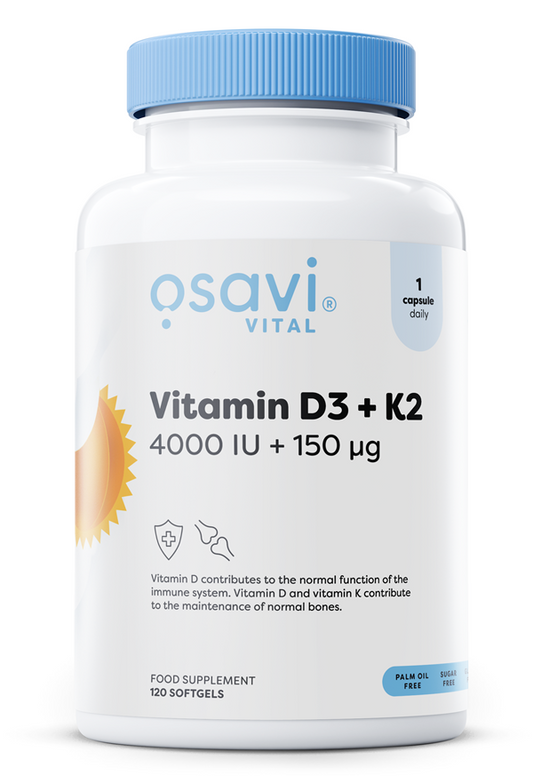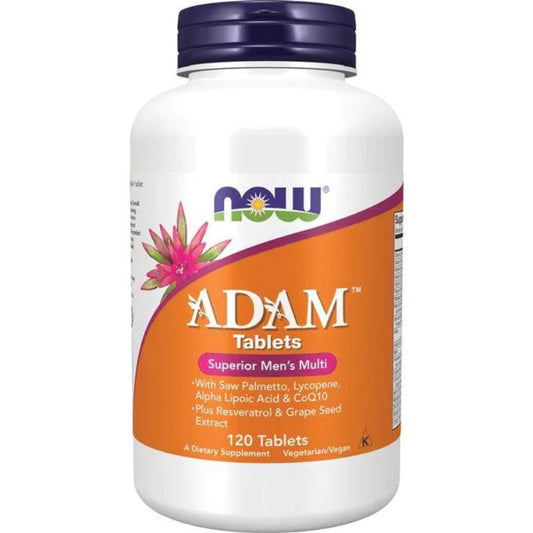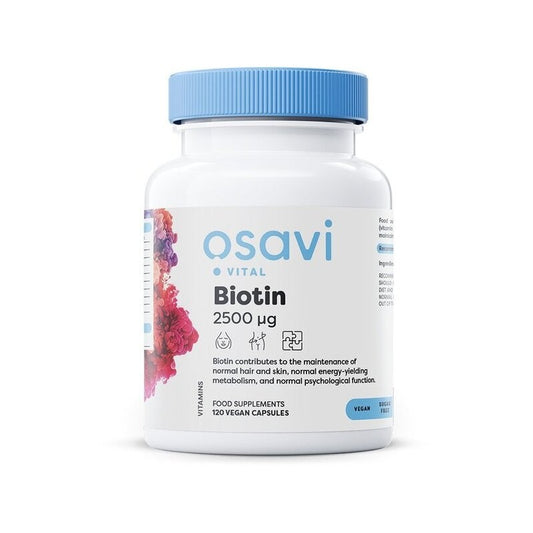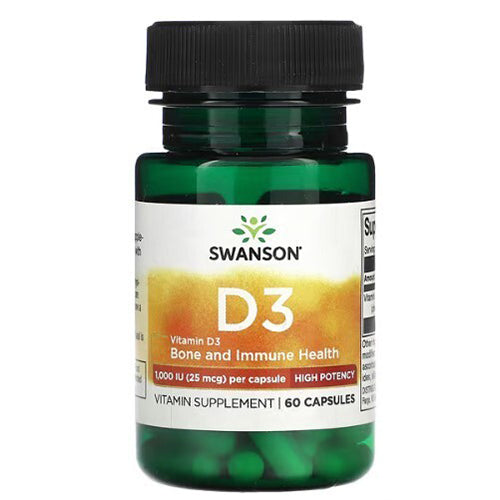
Riboflavin (Vitamin B2): Key Nutrient for Energy and Wellness
Jakub SkibaVitamin B2, commonly known as riboflavin, is a water-soluble B vitamin that plays an important role in overall nutrition and wellness. It supports the body’s ability to process carbohydrates, fats, and proteins from food into usable energy, making it a vital part of a balanced diet and daily wellness routine. Riboflavin is naturally found in a wide variety of foods, including whole grains, eggs, lean meats, fish, dairy products, legumes, nuts, and leafy greens, making it accessible for both plant-based and omnivorous diets. For those following vegetarian or vegan lifestyles, fortified foods such as cereals and plant-based milks can help ensure consistent intake.
In addition to energy metabolism, Vitamin B2 contributes to general nutritional balance and is often included in wellness routines for its support of skin health, eyes, and overall vitality. Riboflavin also helps convert other B vitamins, such as Vitamin B6 and folate, into forms that the body can use effectively. While it is sometimes associated with supporting skin and eye health, its primary contribution is nutritional: supporting the body’s natural processes that generate energy and maintain everyday balance. This article explores Vitamin B2’s functions, natural food sources, recommended daily intake, and practical ways to include it in your diet for overall wellness.
Key Roles of Vitamin B2 in Nutrition
Energy Metabolism
Vitamin B2 supports the conversion of carbohydrates, fats, and proteins into energy, helping maintain vitality and overall energy levels throughout the day.
Nutritional and Wellness Support
Riboflavin plays a role in maintaining general nutritional balance and supports overall wellness as part of a varied diet.
Skin and Eye Wellness
Vitamin B2 contributes to the maintenance of healthy skin and eyes and is often included in wellness-focused dietary and supplement routines.
Food Sources of Vitamin B2
Plant-Based Sources
-
Whole grains (brown rice, oats, quinoa, barley)
-
Nuts and seeds (almonds, sunflower seeds)
-
Leafy greens (spinach, kale)
-
Legumes (beans, lentils, peas)
-
Fortified cereals and plant-based milks
Animal-Based Sources
-
Eggs (especially yolks)
-
Lean meats (pork, beef, chicken)
-
Fish (salmon, trout, tuna)
-
Dairy products (milk, yogurt, cheese)
-
Organ meats (liver)
Recommended Daily Intake of Vitamin B2
|
Age Group |
Daily Recommended Amount (mg) |
|
Infants (0–6 months) |
0.3 |
|
Children (1–3 years) |
0.5 |
|
Children (4–8 years) |
0.6 |
|
Children (9–13 years) |
0.9 |
|
Teens (14–18 years) |
1.0 |
|
Adults (19+ years) |
1.1 (women), 1.3 (men) |
|
Pregnant/Breastfeeding women |
1.4 |
Riboflavin is water-soluble, meaning excess is excreted in urine. Regular intake through food or supplements helps maintain consistent levels.










